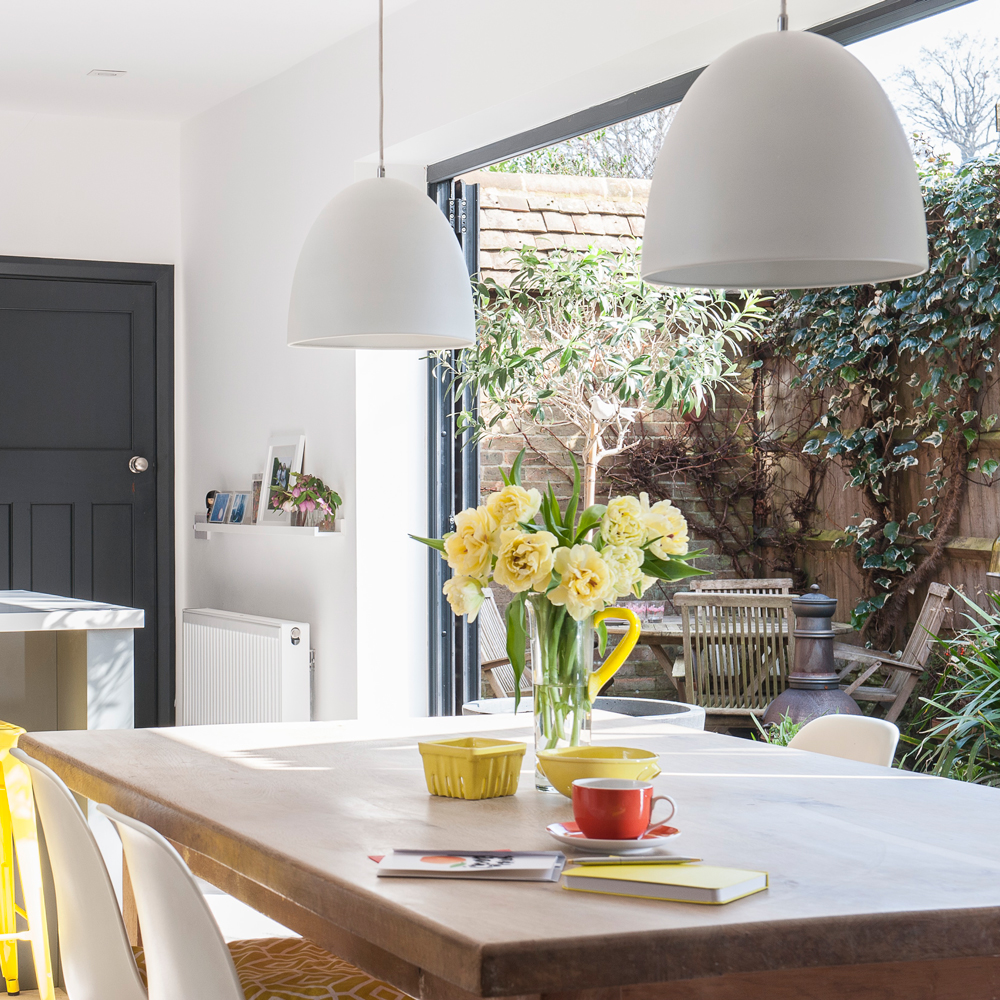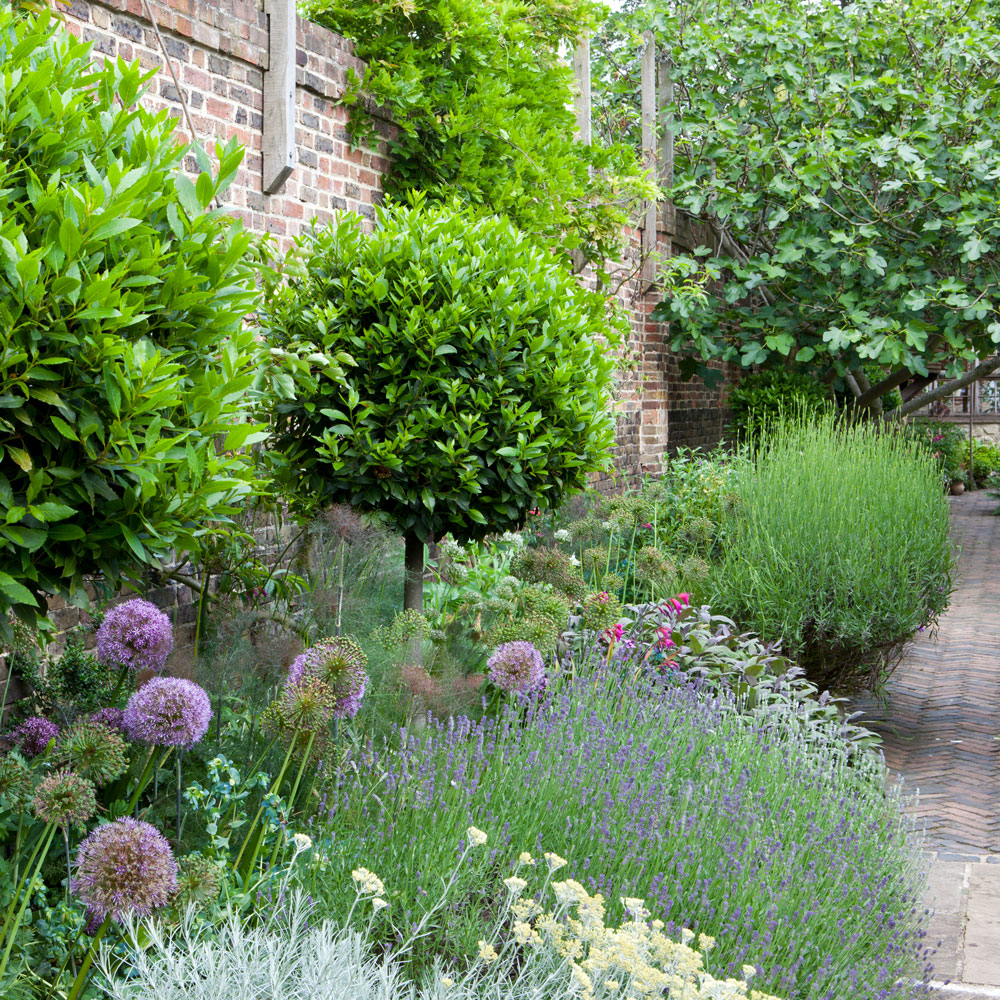Avoid these 5 mistakes when selling a house – and sell faster and for more money
Making these mistakes when selling a house could cost you; follow these tips on what to do instead
Sign up to our newsletter for style inspiration, real homes, project and garden advice and shopping know-how
You are now subscribed
Your newsletter sign-up was successful
Avoid these common mistakes when selling your home – and save yourself lost time, a reduced home price, or even worse, a failed house sale. Some of these mistakes may seem obvious, while others will seem so obscure as not to be worth worrying about.
Related: How to add value to your home
Actually, they're all very common and can affect your chances of a successful sale. Regulated property buyers, GoodMove, give their tips on avoiding the most common pitfalls of selling – and making the most of each type of situation.
5 mistakes when selling a house
1. Pricing the house incorrectly

This is by far the most common mistake sellers make – and it can cost you. Of course, all sellers want to get the best price for their property, but if your asking price is too high then you are already losing out on potential buyers. The longer your property is on the market, the less chance you have of selling it at a good price – or, in some cases, at all.
There is a number of ways in which you can determine a fair asking price including online research, advice from various estate agents and having a property survey.
2. Not making the house attractive to buyers
When putting your house up for sale, it is important for other people to see your property at its best, both inside and out, in order to draw in potential buyers. Little things such as fresh paint on your front door, flowers and plants, de-weeding your garden, or even some simple cleaning and de-cluttering can make a massive difference. Don't underestimate what people will notice!
Not only that but it’s likely that a buyers first impression of your house will come from the photos featured on the property listing, so ensuring that these images are attractive and welcoming is crucial.
Sign up to our newsletter for style inspiration, real homes, project and garden advice and shopping know-how
A few ways in which you can get your house looking its best include using a high-quality camera, tidying your home both inside and out, and taking time to find the best angles and lighting, ideally on a bright, clear day.
3. Choosing an inexperienced estate agent

By inexperienced we mean an agent without experience in your area or with your type of property. If they've only sold detached homes in the past and you need to sell a city flat, you may be in for trouble.
For example, an estate agent may overestimate the value of your property in hopes of increasing their commission, or you might find yourself feeling as though they are not doing enough to help sell your property. Estate agents not looking broadly enough at potential buyers is a common issue.
If you are unhappy, the best way to try to resolve this is by trying to communicate clearly with them and if necessary, you may want to take things further and formally write to them.
4. Not fixing structural problems before putting the house up for sale
Issues that affect the structural integrity of a property are bad news for buyers, who tend to steer clear of properties that will require a lot of work as soon as they move in. and can come about due to poor workmanship or design, cheap building materials, or even something else completely out of a builders’ control.
For those looking to sell fast, spending the time and money on rectifying the faults may not be worthwhile – however, finding a buyer will be more difficult. Therefore, depending on your own personal circumstances, it may be better to fix the problems which will also increase the property value, although the costs involved may impact your overall profit.
5. Not removing Japanese Knotweed

It's not that no one at all will buy a house with Japanese Knotweed, but your options will be quite limited. A notoriously difficult problem, this plant can cause serious damage to property. As a seller you are required to disclose if a property has been affected, ultimately this does make the process harder.
Related: Everything you need to know about Japanese knotweed
While it is still possible to sell a property with Japanese knotweed, this does limit your options, although ways to do so include selling at auction or to cash buyers. Therefore, it is in your best interest to remove the knotweed and have a treatment plan in place.
Do be prepared for both long and costly repair and removal processes.
Anna Cottrell is Consumer Editor across Future's home brands. She moved to the world of interiors from academic research in the field of English Literature and photography. She is the author of London Writing of the 1930s and has a passion for contemporary home decor and gardening.